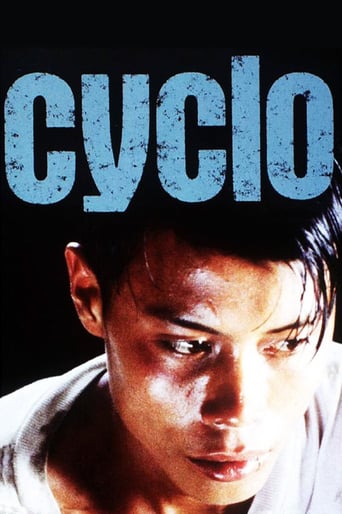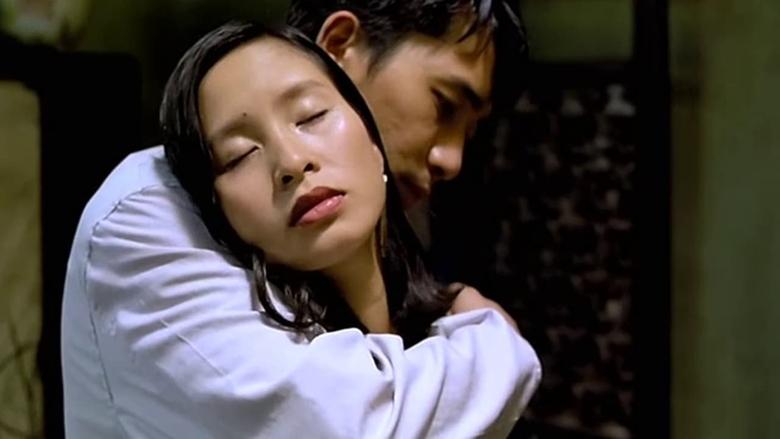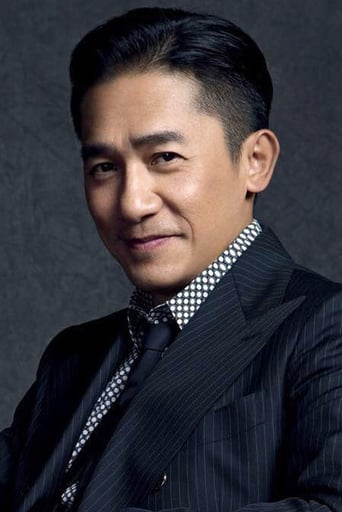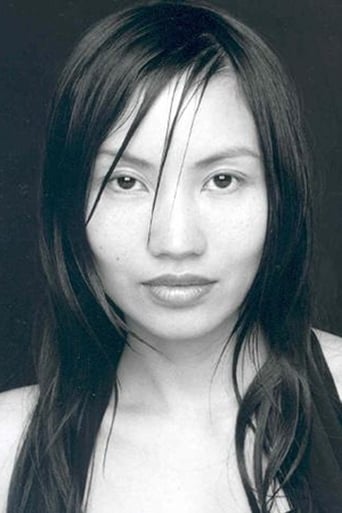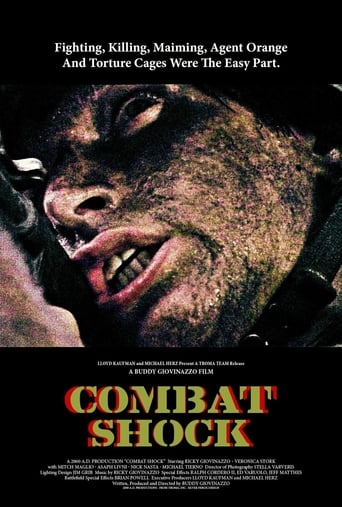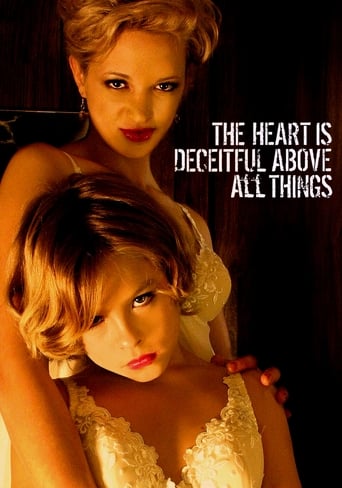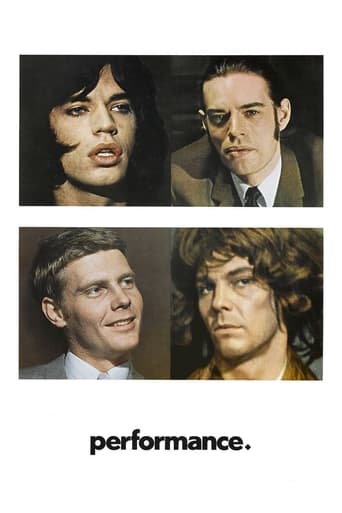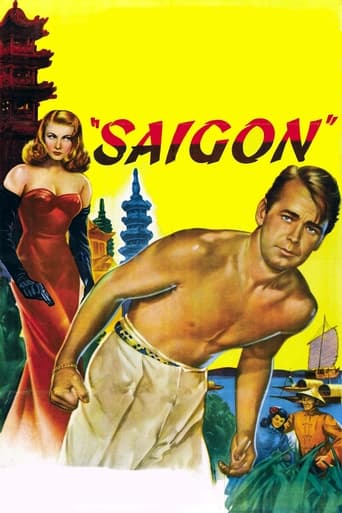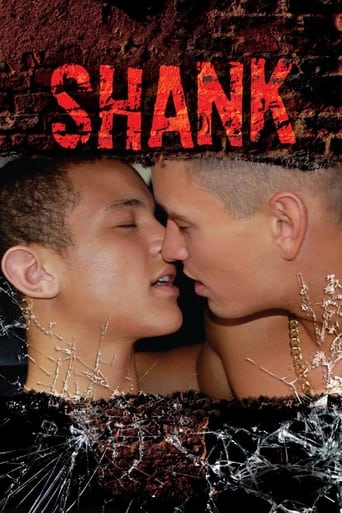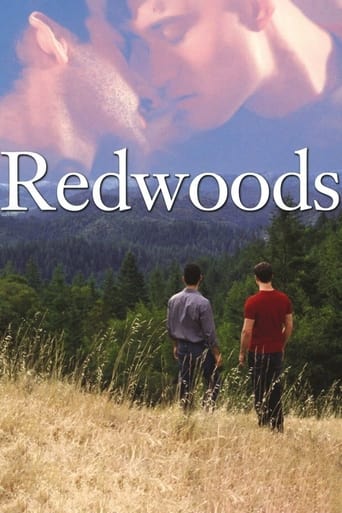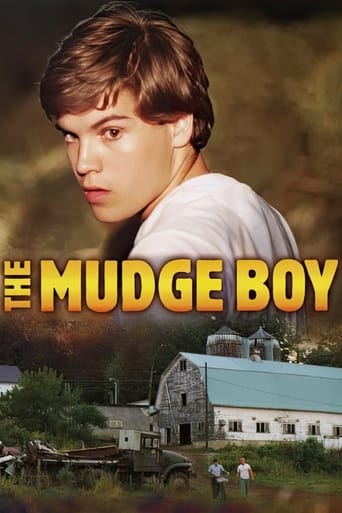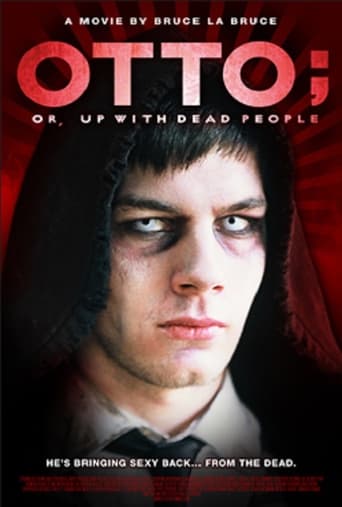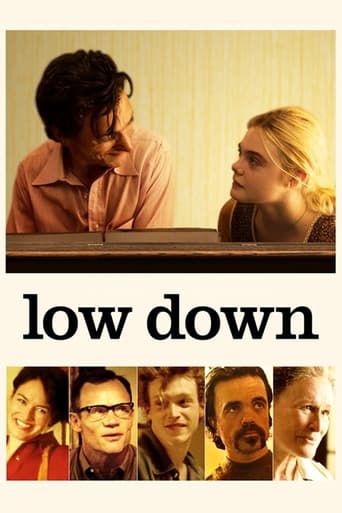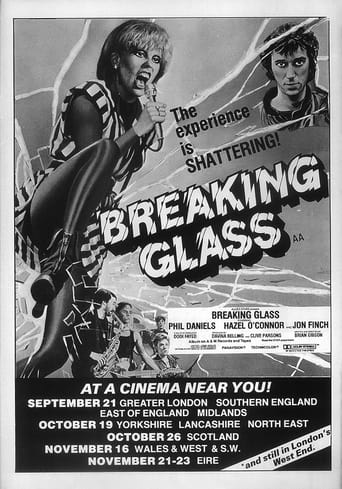Cyclo (1996)
Follows a young cyclo (bicycle cab) driver on his poverty-driven descent into criminality in modern-day Ho Chi Minh City. The boy's struggles to scratch out a living for his two sisters and grandfather in the mean streets of the city lead to petty crime on behalf of a mysterious Madame from whom he rents his cyclo.
Watch Trailer
Free Trial Channels
Cast


Similar titles
Reviews
Plot so thin, it passes unnoticed.
All of these films share one commonality, that being a kind of emotional center that humanizes a cast of monsters.
Mostly, the movie is committed to the value of a good time.
Through painfully honest and emotional moments, the movie becomes irresistibly relatable
"Cyclo" begins with neo-realist naturalism, as a young man struggles day to day driving his cycle taxi in modern day Vietnam. His father has just died, and after working his entire life as a bike-taxi driver, has nothing to leave his children, but the suggestion that they might find something nobler to do with their lives. The young man spends his days navigating the alleys and the side streets for the quickest routes and attempting to avoid collisions with other bike taxi drivers who have divided the city into turfs and gangs, of who can pick up customers where.One day his taxi is stolen, and to repay the taxi's owner (a local lady crime boss); he has to take on a series of petty crimes to pay the debt. The young man is never given a name; the credits refer to him as "Cyclo", his sister as "sister" etc. His sister(played by the gorgeous Tran Nu Yen-Khe begins a tenuous relationship with the boss of the gang Youth works for, a silent constantly smoking man called "Poet" played by the always excellent Tony Leung. By relationship I mean he pimps her out to old business men provided they "not touch her", instead she indulges their foot and urine fetishes, in at first disturbing and then increasingly reflective and resigned scenes. The Poet rarely speaks but we hear his poetry for time to time in voice over, obliquely appearing and disappearing. The first half of the film focuses more on Cyclo getting in over his head with the gang, stealing, transporting drugs,and lighting a rival building on fire with a Molotov cocktail.The second half shows us more of the "Poet" and "the Sister". Dialog is sparse throughout, but the sister seems to only really exist in relation to the poet, he pimps her out, but not too much. That may be going too far, as we do get a "sense" that her indulging the fetishists is more amusing and certainly less physically tiring than the work she was doing before. Leung's apartment becomes a kind of club house for the girls, a paradoxical bordello of innocence. The Poet is corrupt but wants to keep some aspects of his life pure. There are scenes where he is beaten by his father and collapses into sudden helpless boyhood, and a virtuoso and pivotal scene in a nightclub set to Radiohead's "Creep", in the best tradition of using pop songs to encapsulate not just moment in time (the 90's in which the film is set), but the very heart of a character. When Yorke sings "what the hell am I doing here?" it might as well be Leong singing it aloud.As Cyclo becomes more fascinated with the power, attention, and adrenalin rush he is getting from the gang, "Poet" becomes more aloof splitting his time between the three girls he pimps, and he the lady crime boss who he serves as soldier and lover(or whore depending on how you look at it). Vietnamese/French director Ahn Hung Tran delicately weaves us in and out of violence and tranquil beauty, near psychedelic explosions of color and poetic reflections, pimps and corpses and children happily at play.After he commits his first major crime, we see him covered in filth, as he had to escape the police in a river or tunnel. The escape isn't fully shown, and we are left with the image of the crime and then the criminal covered in what looks like s*&t; insects crawling slowly across his lips in a close up. To clean his face he puts it in a fish bowl (his only company in the dilapidated room the Poet forces him to live in.), and effectively contaminates the world of the only friend he had. It's a great visual metaphor for gang violence and corruption and its effect on community life, it just makes everything dirtier and sh*&$ier.By the end of the film, Cyclo does not come to his senses, but implodes on himself, and get's a brief offer to escape the life he bumbled or was forced into (its implied that one of the Lady crime bosses henchman was involved in stealing Cyclo's taxi in the first place.) The crime queen's handicapped son, who is Youth's same age, is a kind of mirror image of him throughout the film; financially privileged to his economic struggle, an eternal child to his forced growing-up, the apple of his mother's eye to the deafening absence of being an orphan. Cyclo's blue neon painted face at the end is less about psychedelic freak out as it is a desperate desire to escape back to the simplicities of childhood. The fates of the Poet, Youth, and the crime mistresses' son each reach their peak, at the same moment, showing us the product of innocence/idiocy and evil/apathy. In psychological terms this is guilty and reflective super-ego (poetic Leung) and impulsive childish Id (overgrown man-child son) on two opposite poles of self-destruction, and Ego sandwiched between the two, clinging to a faint possibility of hope/rationality."Cyclo" is compulsively watchable and despite its experimentations easily accessible. The films score reminded me of a Hitchcock film, and is responsible in large to the films strange atmosphere, as if a horror film lurks just beneath the surface at all times, waiting to escape. In a sense the ominous sound-scape is fitting, as there is a horror waiting to devour the characters, and it is their lives. "Cyclo's" cinematic and aesthetic techniques amount to nothing less than incredibly solid and visually breathtaking storytelling, that elevates it's well-worn concept a step above the rest.
"Cyclo" tells of an impoverished Saigon family whose son (Cyclo) turns to crime and whose daughter turns to prostitution as a matter of economic survival. A magnificent accomplishment in cinematography, there's little new to be found in the film's somewhat muddled story which is told almost exclusively with the camera as Oscar winning director Anh Hung Tran demonstrates mastery over the lens in delivering this tapestry of pictures which captures the beauty and blight of a bustling Vietnamese city. Not for everyone, "Cyclo" will play best with those who appreciate true artistry in film.
I loved the first part of this movie. It was beautifully shot, with generally good acting, set in a country full of stories we in the western world know little of. But then something goes awry. That something is called "the script".We're first introduced to the cyclo driver and his family, and are given a fascinating taste of life in HCM City. It's when the movie begins introducing shadowy, poorly wrought, cardboard-cutout characters that it loses me. The script moves from interesting, maybe even captivating, to confusing and ridiculous. The unbelievability of plot events becomes irritating.My two biggest gripes are the script/story (by the director, Anh Hung Tran, and Trung Binh Nguyen) and the acting by the good/bad guy ("Poet") played by Tony Leung Chiu Wai. His acting was a bad take on old Peter Lorre movies. Think of Lorre in "Casablanca" - white suit, cigarette hanging out of his mouth. I found the Poet character unsympathetic, grating, and unbelievable. I cheered when he finally buys the farm. I had been secretly hoping for a meteorite to crash to earth, destroying the whole lot of them.I have noticed that other reviewers have commented on this film being set against the background of noisy, active HCM City. Well, "background" is an understatement. There are only furtive glimpses of the city. I was longing for more views of HCM City and its life, and fewer interiors peopled with unsympathetic characters.I await a Vietnamese movie with the production values found in this film. Meanwhile, I'm launching a campaign to see that Anh Hung Tran's license is revoked.
Xich lo is a highly disturbing movie which manages to combine aspects of many cinematic traditions to make something new. It seems that the director held European cinematic and directorial traditions very high, and that is plainly visible in this movies. But the use of colours that somehow seem to move the soul can only be asian.The humdrum of the city does not let up. The movie depicts a vicious cycle of abuse, extortion and violence. Le cyclo's attempt to get justice after his cyclo has been stolen is futile at first. Angry, he seeks help from le poete. This leads him into a spiral of violence, drugs and insanity. The fact that the actors do not have names, simply lables, such as "le cyclo," "le poete", and "le grand-pere," seem to reinforce the futileness of life in such conditions.There is a strong undercurrent of frustration in this movie. Le poete, pimping out his girlfriend to fetishists whose pleasure does not come from the sexual act. He wants to keep her virtue for himself, but of course, this is folly. And even sadder is the le grand-pere, who is old, and sick, and yet, has to perform back breaking work to get by in life. Given a chance to earn some money, he rejects it, sticking by his principles. But ultimately, this does not get him anywhere.So what is one to do? Being honest doesn't help you get anywhere. Neither does being a gangster. Or a madame. In the end, this is the question that remains unanswered...or to which there is no answer.

